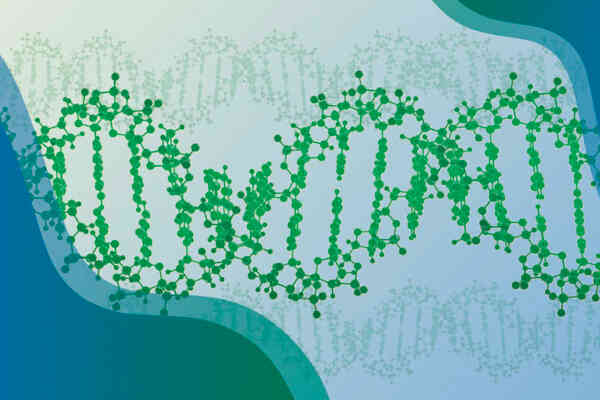
Speaking the language of DNA
Right from the early days of DNA sequencing, EMBL’s scientists have been instrumental in helping the world understand, decode, archive, and manipulate genomes at scale and across many branches of the …
EditGenome regulation and chromatin topology during embryonic development

Right from the early days of DNA sequencing, EMBL’s scientists have been instrumental in helping the world understand, decode, archive, and manipulate genomes at scale and across many branches of the …
Edit
New research from EMBL Heidelberg shows how cells in developing embryos undergo a major shift in the way they regulate gene expression as they mature and differentiate.
Edit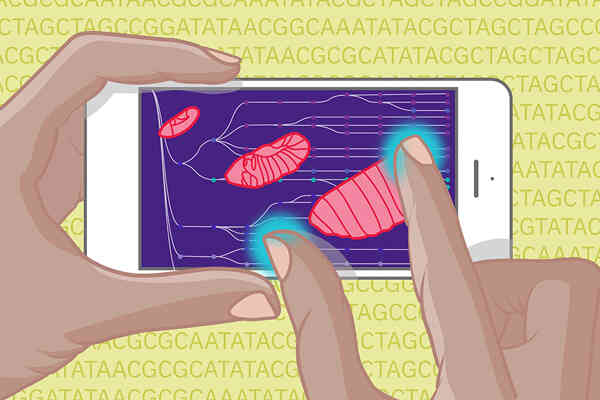
EMBL and UW researchers plus additional collaborators have constructed a complete map of fruit fly embryonic development using machine learning. This research is foundational to better understanding o…
Edit
EMBL’s Head of Genome Biology announced as Fellow of the Royal Society for her exceptional contributions to science.
Edit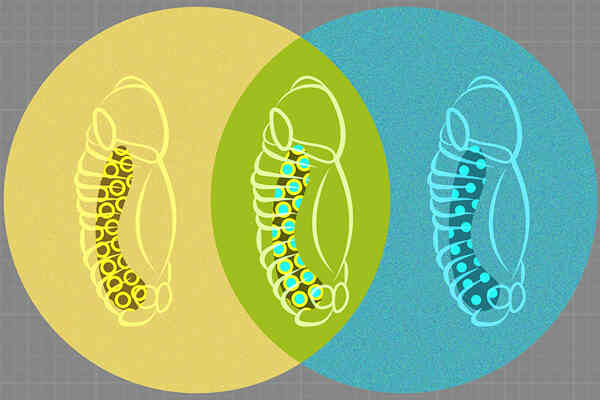
Researchers from the Furlong group at EMBL have come up with a way to observe the development of fruit-fly embryos simultaneously at the genetic and cellular levels, generating a high-resolution and i…
Edit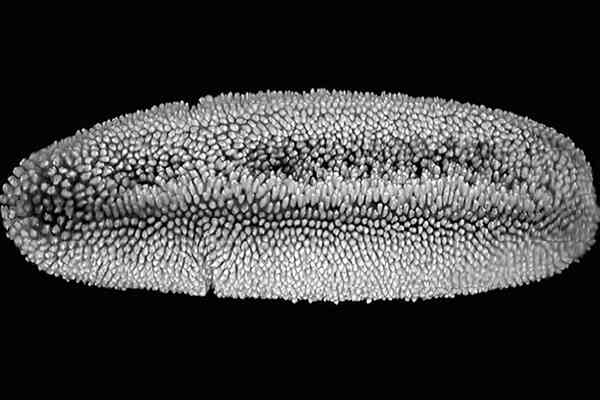
Discoveries at EMBL will help researchers to interpret one of the most common types of experiments in genomics and medical studies.
Edit
Does rearranging chromosomes affect their function? EMBL scientists reveal uncoupling of 3D chromatin organisation and gene expression.
Edit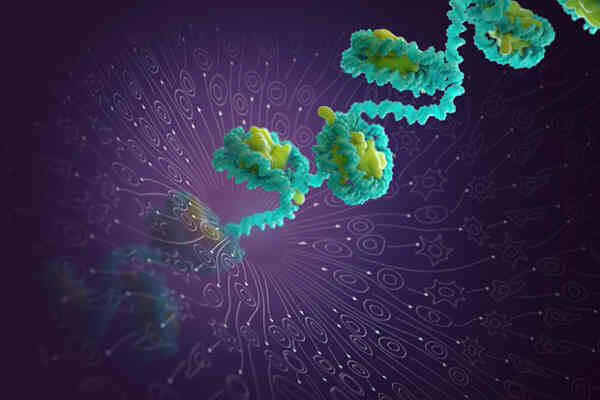
EMBL scientists show how chromatin usage in individual cells reveals developmental trajectories
Edit
EMBL scientists show that some promoters can act as enhancers and vice versa
Edit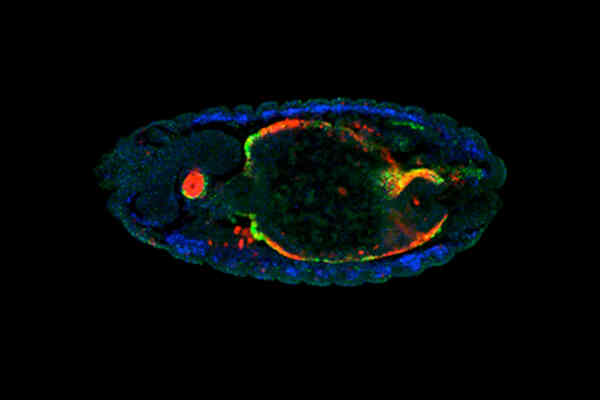
ERC grantee Eileen Furlong shares her vision for the next ten years
Edit
EMBL scientists discovered that common mutations can change the shape of gene promoters
Edit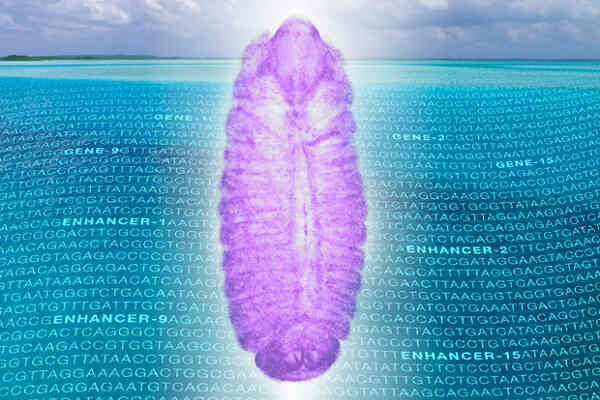
New mechanism revealed
Edit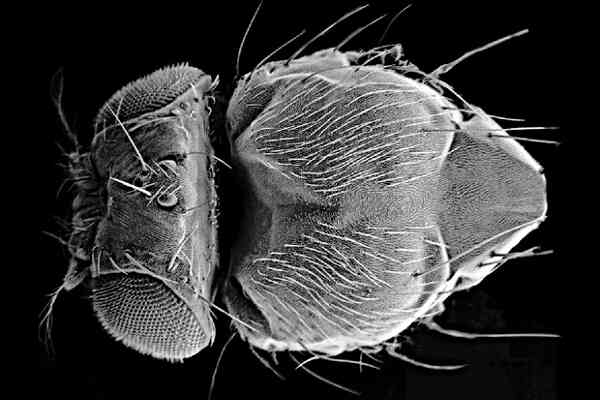
Surprising finding: enhancers find their targets long before activation in Drosophila embryos
Edit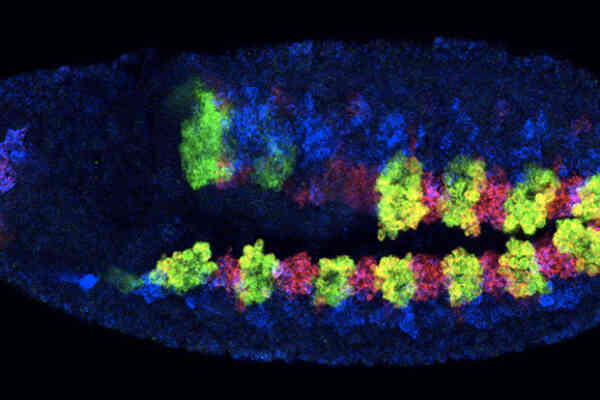
If you wanted to draw your family tree, you could start by searching for people who share your surname. Cells, of course, don’t have surnames, but scientists at the European Molecular Biology Laborato…
Edit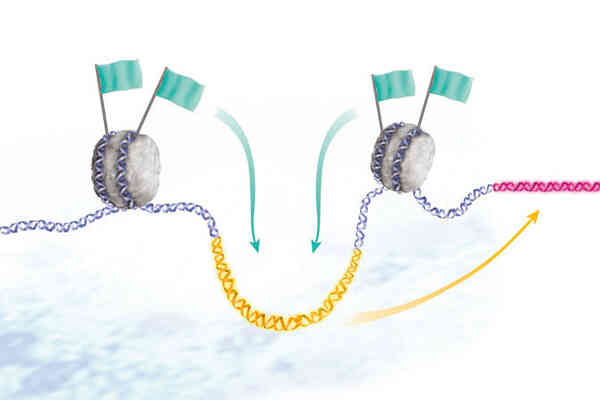
As an embryo develops, different genes are turned on in different cells, to form muscles, neurons and other bodily parts. Inside each cell’s nucleus, genetic sequences known as enhancers act like remo…
Edit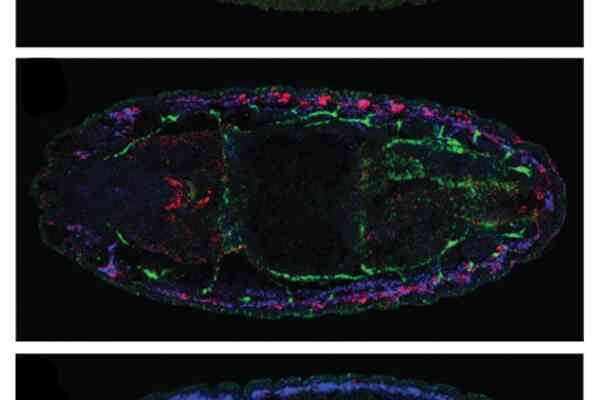
Embryonic development is like a well-organised building project, with the embryo’s DNA serving as the blueprint from which all construction details are derived. Cells carry out different functions acc…
Edit